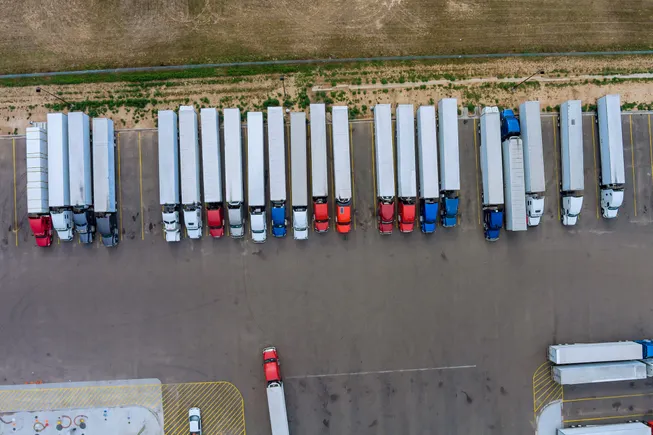The Cheesecake Factory recruited undocumented workers to staff a Pennsylvania restaurant, provided them with false employment authorization documents and subjected them to abusive conditions, a group of five workers alleged in a June 19 lawsuit.
In their complaint, Doe A.S.M. v. The Cheesecake Factory, Inc., the plaintiffs alleged they were forced to work unpaid hours, including overtime; denied bathroom and meal breaks; and forced to work during the COVID-19 lockdown under unsafe conditions while U.S.-born co-workers were at home.
The workers also claimed management threatened to deport them if they didn’t work hard or fast enough while forcing them to sign documents in English — even though management knew they could not read, speak or write in the language. They alleged several incidents of harassment on the basis of their national origin and race.
Plaintiffs sued Cheesecake Factory for violations of the federal Trafficking Victim Protection Reauthorization Act and Title VII of the Civil Rights Act of 1964 as well as Pennsylvania’s Human Trafficking Act and Human Rights Act.
The company denied the allegations and said that it “follows well-established internal protocols to ensure consistent compliance with all federal employment verification laws,” according to a statement reportedly provided to local media outlet KYW Newsradio.
Recent enforcement actions by the Trump administration increasingly against the employment of noncitizen immigrants have created a risky environment for employers, and businesses should take great care to stay in compliance with work-related immigration regulations, attorneys previously told HR Dive.
In one recent action, the U.S. Department of Homeland Security ended temporary protected status for more than half a million workers from Cuba, Haiti, Nicaragua and Venezuela and quickly revoked their employment authorization documents. DHS also said last month that employers should regularly generate E-Verify status reports identifying whether an employee’s authorization documentation has been revoked. If it has, employers must immediately reverify each employee with Form I-9 Supplement B, DHS said.
E-Verify is a web-based system through which employers can electronically confirm an employee’s eligibility to work in the U.S. The system takes information from an employee’s Form I-9 — the mandatory employment eligibility verification document that must be submitted for all employees — and electronically compares that information with records available to DHS and the Social Security Administration, according to DHS.
Government audits of Form I-9s have picked up since President Donald Trump took office, and the trend is expected to continue, attorneys previously told HR Dive. Employers in the restaurant, construction, hospitality, warehousing, light manufacturing and assembly, shipping and receiving industries are expected to be primary targets of enhanced I-9 enforcement, one of the attorneys noted.






Leave a Reply